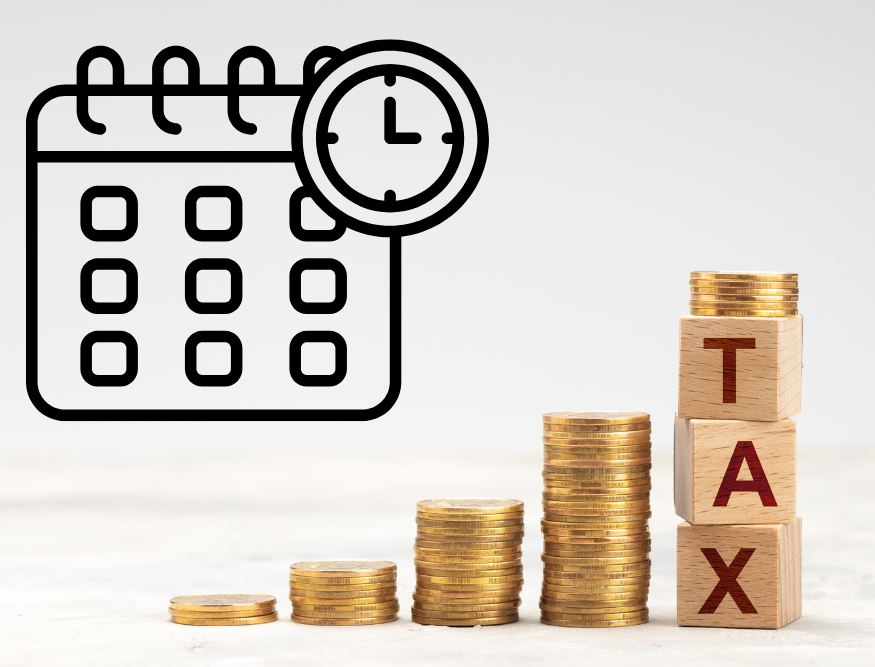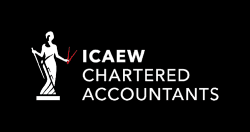Welcome to CJL Accountancy
Accountant for small businesses, coaches, influencers and landlords
About Us
CJL Accountancy was founded in 2018 by Chrissy Leach FCA, a Chartered Accountant with over fifteen years’ experience supporting small businesses and individuals with their accounting and tax needs.
They work with a wide range of clients across the UK, including self-employed business owners, limited companies, landlords, and those with investment or partnership income. Services include limited company accounts and corporation tax returns, self-assessment tax returns, payroll, VAT, bookkeeping and now support with Making Tax Digital for Income Tax.
CJL Accountancy is a family-run business, with Chrissy leading a small team that includes her sisters and mum. Together, they combine professionalism with a personal touch, offering proactive, jargon-free advice that helps clients feel confident and at ease.
Based near Chichester and Bognor Regis, CJL Accountancy works nationwide using digital tools that make managing your accounts simple and stress-free.
CJL Accountancy Limited is an ICAEW Chartered Accountants; you can find our listing here.

Our values
Proactivity
We don’t just crunch numbers. We keep an eye on what’s ahead, helping clients plan, stay compliant, and spot opportunities early.
Integrity
As a Chartered firm, honesty and professionalism are at the heart of everything we do. Clients trust us because we always do what’s right.
Clarity
We know finances can feel overwhelming. We believe in making accounting simple. No jargon, no confusion, only clear explanations that help clients understand their numbers and make confident decisions.
Family
CJL Accountancy is a family-run business built on care, loyalty and collaboration which are values that shape how we treat every client relationship.
Businesses
Whether you're a coach, consultant, influencer, in retail, hospitality, or another industry, we can help you to stay compliant with your UK accountancy and tax responsibilities so you can focus on what matters to you.
We can help you with the right structure for your business (self-employment vs limited company) and we offer a wide range of services including personal tax returns, annual accounts, corporation tax returns, management accounts, VAT returns, bookkeeping, payroll and other advice including how to (legally) reduce your tax liability. We can even provide a virtual finance office service so you don't need to employ finance staff directly. Click here for more information.
Whether you have investment income, partnership income, or another reason to file a self-assessment tax return, we can help you stay compliant with your UK tax responsibilities so you can focus on what matters to you.
Ready to switch?
Switching accountants doesn’t have to be stressful. At CJL Accountancy, we manage the entire process for you, from contacting your previous accountant to ensuring a smooth transition for your accounts, payroll and tax filings.
Read our blog post on how to switch accountants to learn more, or contact us today to get started.
We post regular blog posts with tips and useful information.











